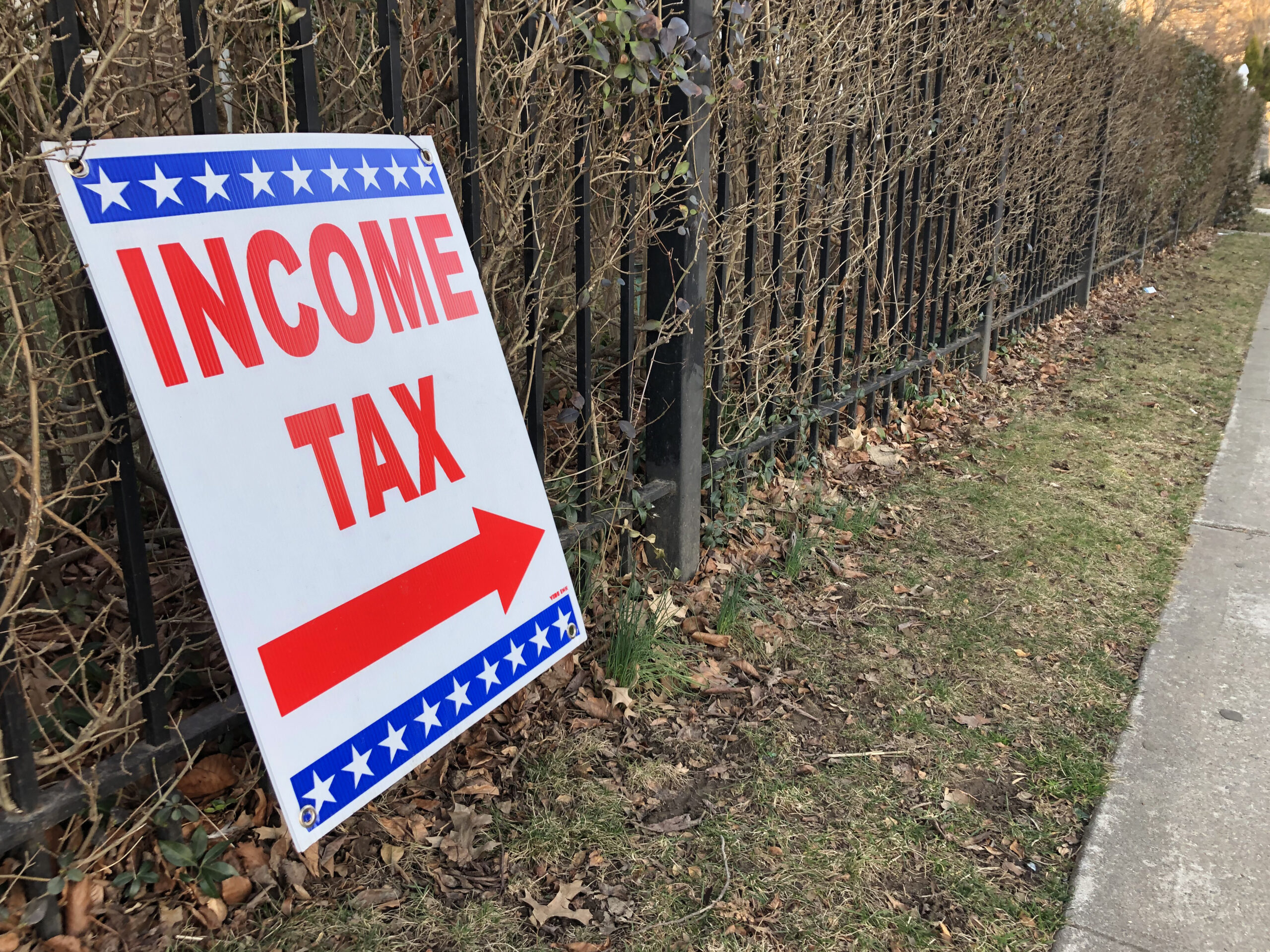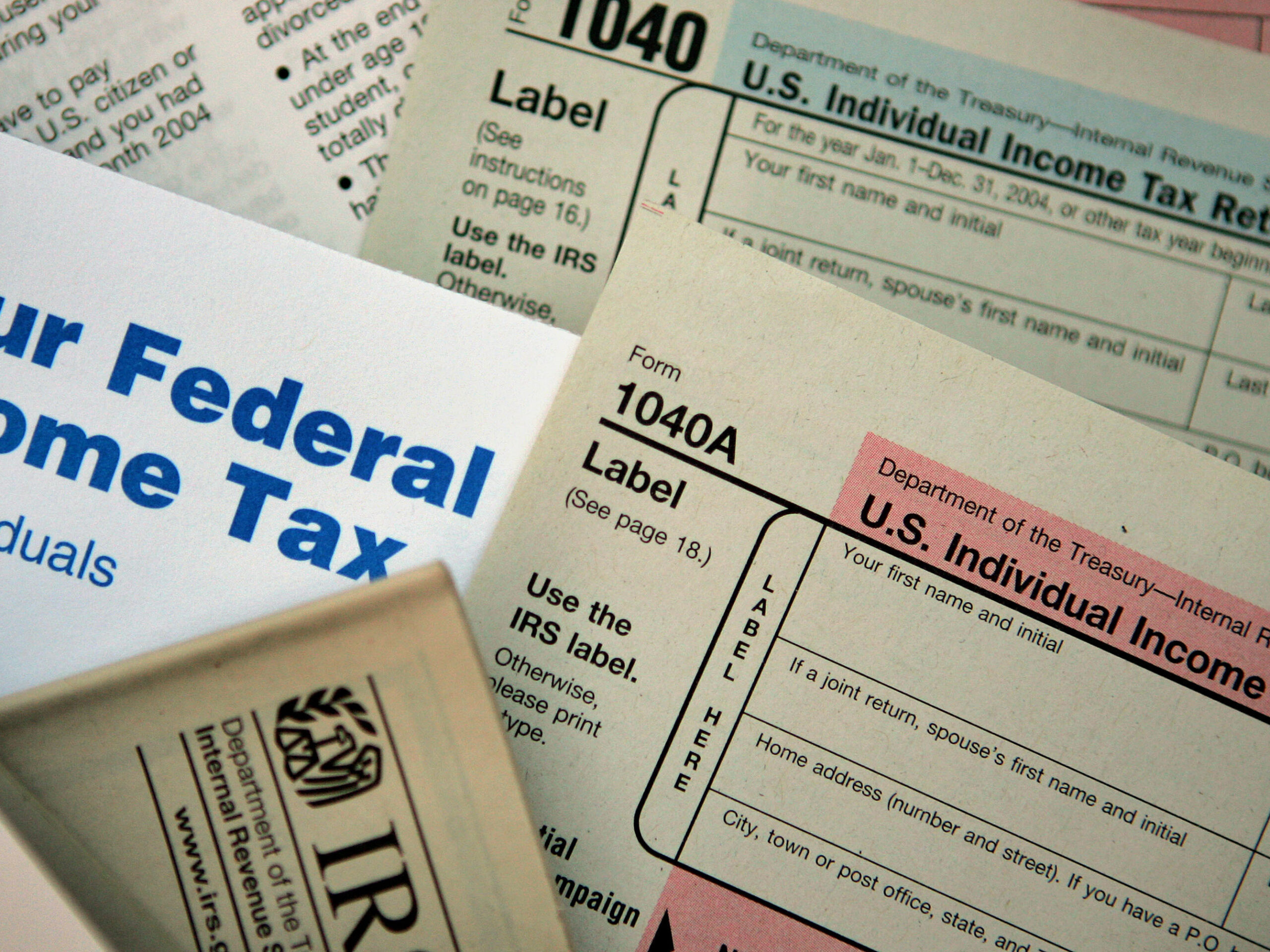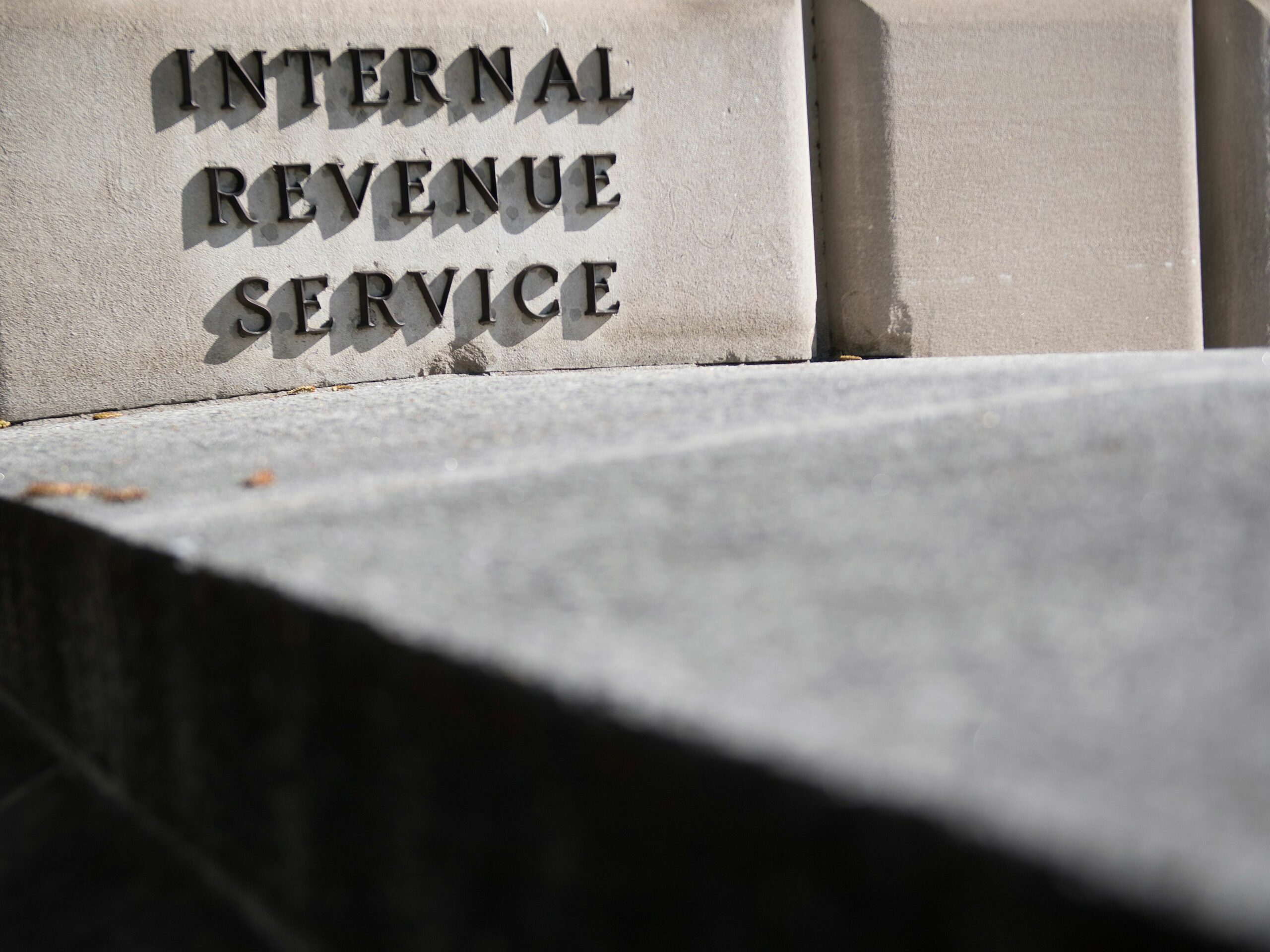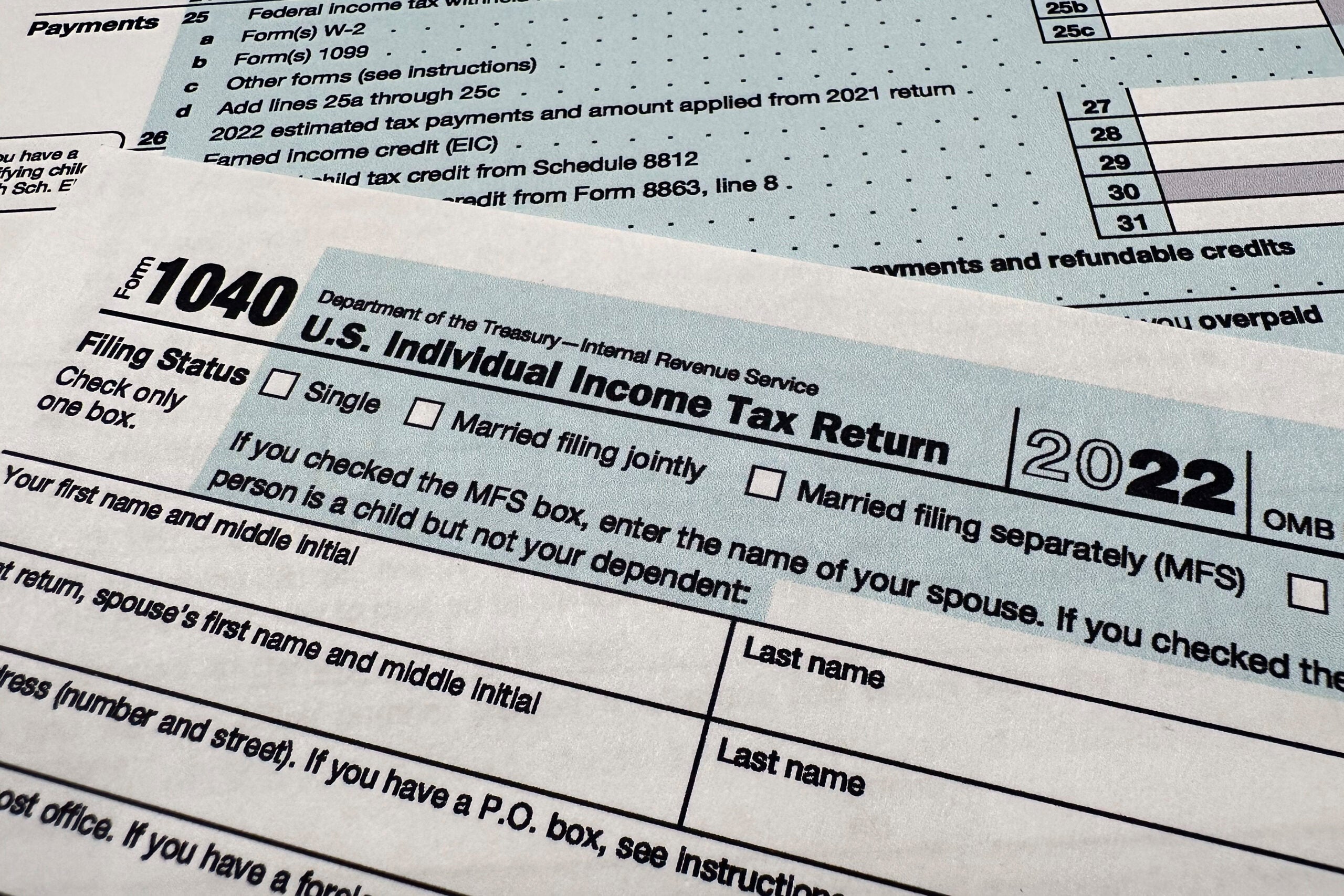April 15th is just a month away. Larry Meiller’s guest shares advice and answers listeners’ federal and state tax questions.
Featured in this Show
-
Tax Day Is Approaching: Will You Be Able To File By April 15th?
Tax Day is fast approaching. Filing by April 15 and paying any taxes due by that deadline is advisable. But there are options for taxpayers who either won’t be able to file by that date, or who do not have the means to pay the entire amount due at the time.
Any taxpayer can file for an extension according to Mary Mellem, a tax professional from Green Bay who has been in the tax business for 30 years. She and her husband David Mellem operate Ashwaubenon Tax Professionals.
Mellem said that an extension for an individual return is granted automatically when the tax payer files a form 4868 with the Internal Revenue Service. The extension is for six months, so the return is then due on October 15.
Because the federal return is needed to fill out a state tax return, taking a federal extension also impacts the state return. Mellem said that while some states require a separate request for an extension, Wisconsin accepts the federal extension, so just the form 4868 is needed.
If the request for an extension is filed before April 15 and the return is filed within six months, Mellem said that there are no failure to file penalties levied, which she described as “nasty.”
If it’s filed after taxes are due, however, there may be a penalty and interest due on that amount, Mellem explained. That penalty is 0.5 percent per month of the amount owed and the interest rate is 3 percent annually. The interest accrues until the balance is paid.
“The IRS wants you to determine as close as possible what your tax is going to be. And they recommend that you pay any balance due at that time to avoid any interest or penalties beyond that date,” Mellem said.
Some taxpayers may have no trouble preparing the return on time, but they will not be able to pay the entire amount that is due. In that case, Mellem said, it is important to still file on-time to avoid the failure to file penalty. The IRS is willing to arrange for monthly installments to allow the tax payers to pay over time, as long as certain criteria are met.
Mellem added that by setting up the installment plan, the tax payer can bring the failure to pay penalty down from 0.5 percent per month of the amount owed to 0.25 percent instead.
To set up the installment agreement, Mellem said that the taxpayer will need to submit IRS form 9465. That can be filed along with the paper return or with a phone call to the IRS at 800-829-1040.
Episode Credits
- Larry Meiller Host
- Judith Siers-Poisson Producer
- Mary Mellem Guest
Wisconsin Public Radio, © Copyright 2024, Board of Regents of the University of Wisconsin System and Wisconsin Educational Communications Board.





